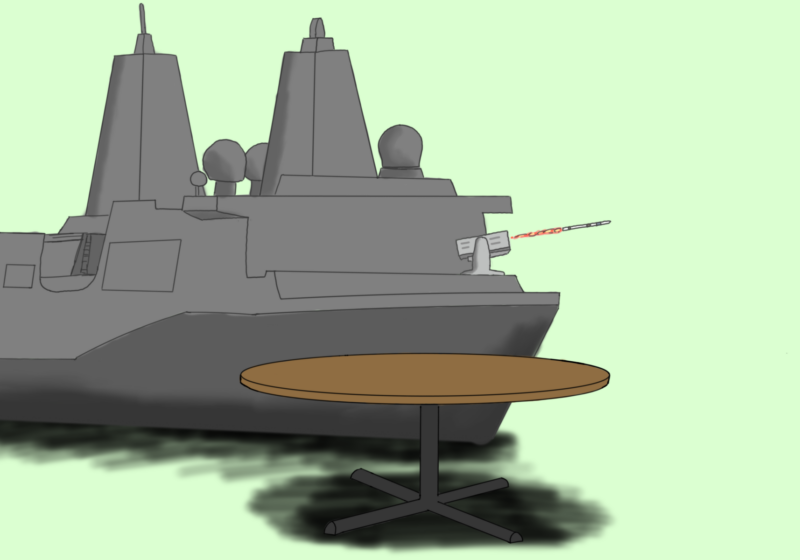Junior Daniel Pesca, a double major in composition and piano performance, performed a recital featuring, among other works, his own piano sonata on Nov. 22 at 8:30 p.m.
The first half of the program was J. S. Bach’s “Partita in D major” and Chopin’s “Ballade in f minor.”
The two fast movements – the Overture and the Gigue – of the Partita were played following the historical harpsichord performance techniques usually used in baroque music. There was no overlapping legato nor huge dynamic disparity, so the voice layering within the piece was achieved through articulation instead of dynamics.
Pesca’s interpretation of the slow movements of the Partita, however, was based on the sound characteristics of the modern piano – not the performance style of the 1800s. The “Allemande” and “Sarabande,” written during the 19th century, were performed as if they had been written for a modern piano. The melody was voiced out, the arpeggiations were sustained with the pedal and the chords overlapped, sliding from harmony to harmony. His performance was quite effective.
Pesca played the second piece, the Ballade, rather cautiously. Everything about the performance was carefully thought out, and the audience listened analytically, as opposed to having their attention captured by curiosity. The tempo was appropriate to the piece and not as slow as most people play it, and thus there was a clear sense of following a long phrase. Like the rest of the performance, the dynamics throughout the entire piece were extremely effective.
When performing music by Chopin, performers tend not to leave enough rubato and force for the climax of the piece, giving everything away too early in the composition. However, Pesca did not make this mistake, clearly treating the coda as the climax of the piece. This was the only time in the Ballade that he allowed the sense of meter to relax. In his interpretation, he never once sacrificed the music for unnecessary display of technical abilities. He chose to display his virtuosity in only the last piece of the program, his own “Sonata for Piano.”
“This is a crowd-pleasing piece, full of references to both famous works and composers,” Pesca said. “I originally planned three movements, but I was enjoying myself too much and it got out of hand, so I have five now. I initially wanted to write a witty first movement, a sentimental slow movement and a blockbuster third movement with a lot of double octaves. However, it ended up being five movements, as I couldn’t think of a sentimental slow movement off the top of my head.”
When asked if his sonata is “a clich superhit,” he replied, “something along those lines.”
The “Sonata for Piano” is great not only because of the “funny music,” as Pesca called it, but also because, as the composer, Pesca felt free to play the piece however he wanted.
“It is very fun to play, especially the sarcastic intermezzo,” he said. “I have a Rachmaninoff-type climax thrown in for good measure. Oh, and it is approached by double octaves – real fun! Much of this piece is tongue-in-cheek. By the time the sentimental tune actually comes in the fourth movement it had been spoiled by the vulgar humor.
“The piece is about references. One wonders – is the E major arpeggio a real resolution, or is it just another quotation? Throughout the piece you are led to expect something, but you are left disappointed. Let’s hope it is a pleasant disappointment,” Pesca said about the ambiguous ending of the piece.
Indeed it was. The audience witnessed a talented composer with pianistic mastery, and laughed at the pseudo-intellectuality of a contemporary’s views about romantic music.
“In the fourth movement I almost quote the main tune of Chopin’s Ballade, only it is in e minor. I hope the listeners won’t think I had a memory slip and gone back to the Ballade. This movement is…sexy,” Pesca said.
“The fifth movement has two basic sets of ideas,” Pesca had said beforehand. “One [of] Prokofievian stuff, and one Broadwayish-Hollywoodish, generally popish. And that is the tune which everybody walks away humming!”
After the last movement, the audience laughed out loud and everyone walked away from the recital singing his Sonata. The thunderous applause he received was completely deserved.
Fol can be reached at afol@campustimes.org.




